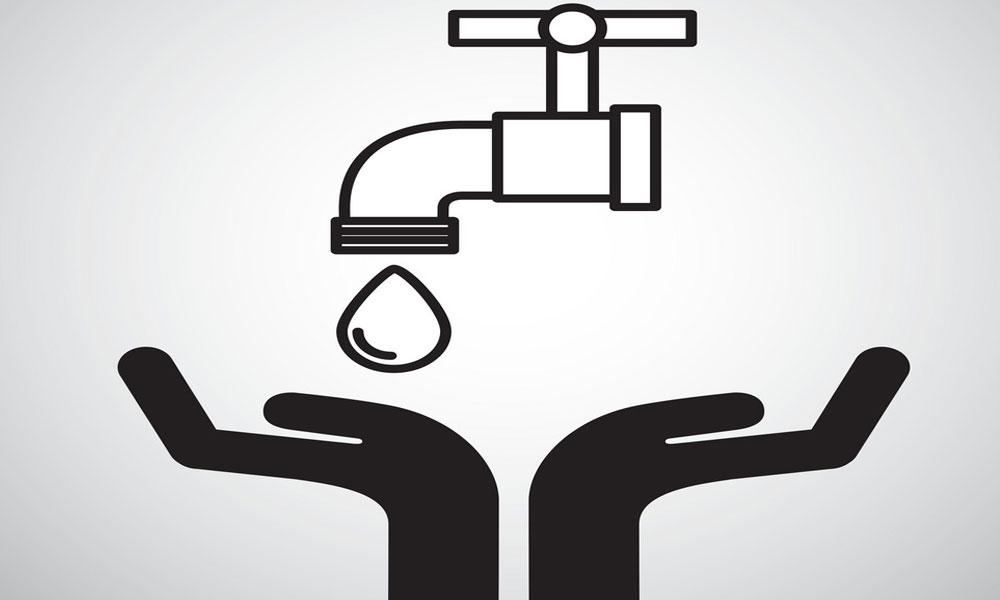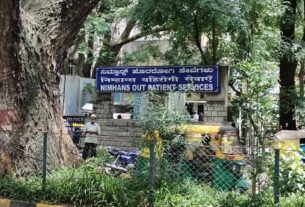Only 59 percent of the world’s refugees have access to safe drinking water.
By Saloni Arora
Bengaluru, March 19, 2019
The United Nations-Water (UN-Water) will carry out the World Water Day on March 22, 2019, in order to spread awareness to tackle the global water crisis. According to a report by World Water Day, 2.1 billion people today in the world live without access to safe water at home.
Globally, 80 percent of people who have no access to safe and clean water reside in rural areas. This year’s theme ‘Leaving no one behind’ depicts water as a human right despite one’s origin or identity.
As per a report released by the United Nations International Children’s Emergency Fund (UNICEF), approximately 385 million children globally live in extreme poverty. Africa is among the top most continent with the highest rates of children in extreme poverty, followed by South Asia with nearly 36 percent. India is considered to be the third top country accounting for 30 percent of extremely poor children. Four out of five children live in extreme poverty in rural India.
“Due to lack of facilities by the government, we don’t even get to drink safe and clean water. We have to use the water from the pond for bathing, cooking as well as drinking”, says Mehabomia villager in Manvi Taluk.
Dr. Chandrasekhar, the health officer of Manvi Taluk said that the presence of a high amount of fluoride content in water is leading to an increase in diarrhea, dental, and joint pain among villagers.
As per the sixth Sustainable Development Goal, billions of people still live without safe water. In particular, women, children, refugees, indigenous, and disabled people are often overlooked. They face discrimination in accessing safe water, as per the report. The 2019 campaign by UN-Water will not only talk about how to tackle the water crisis, but also the reasons as to why these people are left behind.
“It is extremely important to address inequality and exclusion in order to modify our policies regarding water quality and accessibility. There’s a huge number of population that survives on contaminated water due to reasons including lack of finances, lack of accessibility, and poor quality.
In this scenario, public awareness becomes an essential step in order to bring a positive change. Besides awareness, the authorities should take appropriate steps to not just improve the water quality, but also the sanitation level,” stated Kshitij Guglani, a water conservationist.




